Features

WISHES: A New Measurement Approach to Support Systemic Change in Student Wellbeing
The Action Network for Equitable Wellbeing has created a new survey—available at no cost—to provide colleges and universities with timely and actionable data to adapt and improve institutional norms, structures, and processes so all students can thrive and flourish.

Reimagining Higher Education: A New Campus in Colorado, Open to Everyone
Colorado State Chancellor Tony Frank discusses CSU Spur, a unique public campus in Denver that offers free hands-on learning to people of all ages. The goal: to address disparities in college attendance and success, ignite curiosity in K-12 students, and serve as a hub of innovation.

Renaissance: The Role of Succession Planning in Diversifying the American College Presidency
As we seek to bring long-overdue inclusion to higher education, it’s time to reimagine the current pipeline to the presidency and eliminate the pitfalls historically marginalized people face. Ashley L. Gray explains how succession planning is a critical part of this process.

The Power of Data to Promote Equitable Higher Education Pathways
The U.S. higher education landscape consists of over one million credentials offered by more than 60,000 providers. While these options can increase access to postsecondary education, pathways built from a mix of credentials can be confusing. A new report from Credential Engine’s Equity Advisory Council aims to help.
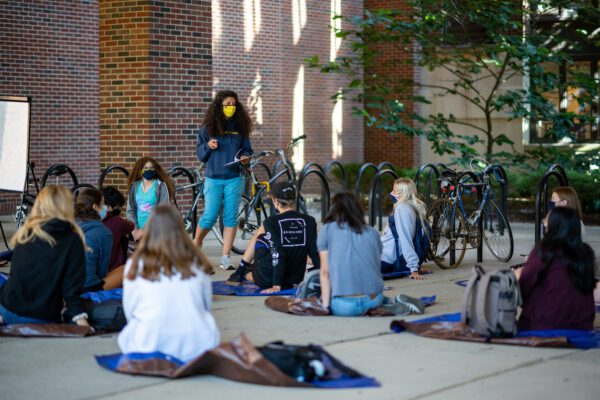
Effective Strategies for Combating Faculty Burnout
Burnout is often seen as a personal problem, akin to managing stress. But it’s a workplace problem—which means colleges and universities can play an active role in remedying it.
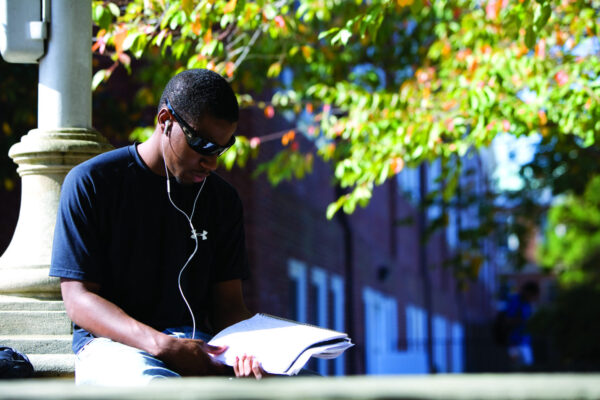
My student is in crisis, but I’m not a counselor. How can I possibly help?
Many higher education professionals—faculty, staff, and campus administrators—struggle with how to best help students in distress, sometimes feeling overwhelmed by the number of students seeking their support. But you don’t need to be an expert to help.

Mapping the Ecosystem of Alternative Postsecondary Education Providers
Alternative providers are becoming a significant—if not yet indispensable—part of the U.S. higher education ecosystem. It’s essential to establish a taxonomy that helps colleges and universities make informed choices about how to work with these providers, writes Louis Soares.
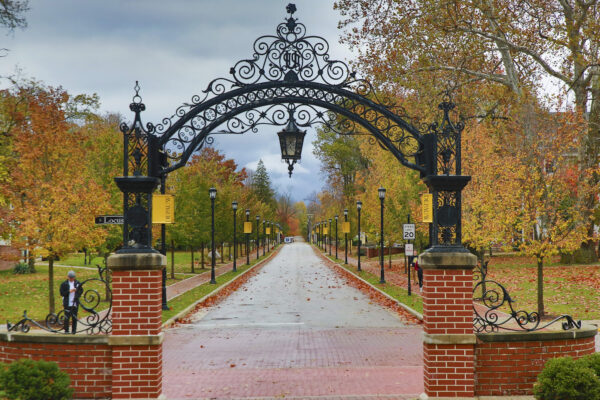
An Unrecognized Bias Contributing to the Gender Gap in the College Presidency
As we await the results of the new American College President Study, two researchers from Colgate University look at how the pathway to the presidency is different for men and women.
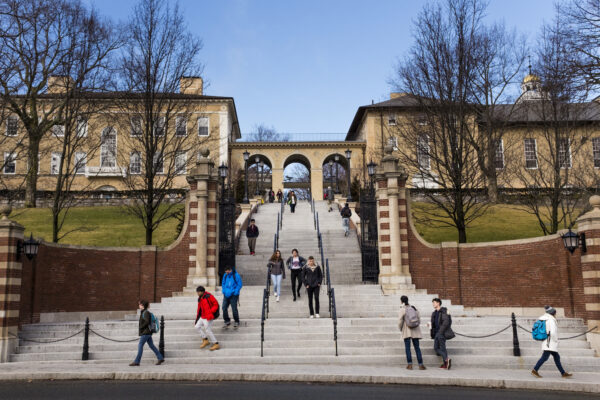
Capacity Building for Shared Equity Leadership
Capacity building for shared equity leadership is an ongoing investment meant to support and develop a repertoire of knowledge, skills, and dispositions to collectively lead equity-minded change efforts.
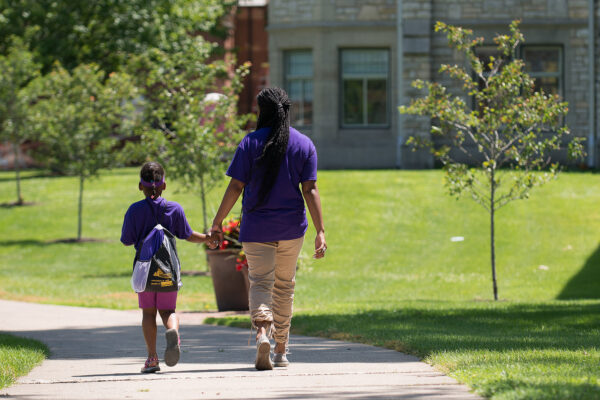
Working Learners and Work Colleges: Innovating at the Intersection of Education and Life
For 72 million American workers without a college degree, blending education, work, and life can unlock high-paying jobs in the knowledge economy. Louis Soares and Vickie Choitz explore how “work colleges” offer a template for supporting these learners.

Redefining Prestige
Education Secretary Miguel Cardona has laid out plans to hold higher education more accountable for student success. Devorah Lieberman, president of the University of La Verne, writes that we owe it to our students—and ourselves—to embrace his vision.

Why Climate Action Is in Higher Education’s Best Interest
Taking a leadership role on finding solutions to the climate crisis is an important way universities can remind the public that higher education benefits all of society—not just those who earn a degree, writes CU Boulder Chancellor Philip DiStefano.